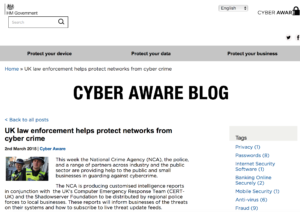Justice Department announces seizure of domain behind Russian-backed botnet
The Justice Department announced Wednesday that it had seized an internet domain that’s at the center of a Kremlin-backed hacking campaign, largely thwarting the potential weaponization of a network of more than half a million web-connected devices across the globe, experts say. The network of infected devices, or botnet, was one of the largest of its kind, cybersecurity experts say, and capable of intelligence gathering as well as disruptive denial-of-service attacks, which could have cut off internet access to hundreds of thousands of people. The Shadowserver Foundation, will work to scrub and restore them, the Justice Department said.











